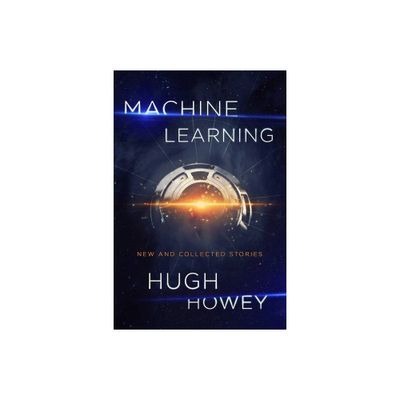Home
Cause Effect Pairs in Machine Learning
Loading Inventory...
Barnes and Noble
Cause Effect Pairs in Machine Learning
Current price: $139.99


Barnes and Noble
Cause Effect Pairs in Machine Learning
Current price: $139.99
Loading Inventory...
Size: OS
*Product Information may vary - to confirm product availability, pricing, and additional information please contact Barnes and Noble
This book presents ground-breaking advances in the domain of causal structure learning. The problem of distinguishing cause from effect (“Does altitude cause a change in atmospheric pressure, or vice versa?”) is here cast as a binary classification problem, to be tackled by machine learning algorithms. Based on the results of the
ChaLearn Cause-Effect Pairs Challenge
, this book reveals that the joint distribution of two variables can be scrutinized by machine learning algorithms to reveal the possible existence of a “causal mechanism”, in the sense that the values of one variable may have been generated from the values of the other.
This book provides both tutorial material on the state-of-the-art on cause-effect pairs and exposes the reader to more advanced material, with a collection of selected papers. Supplemental material includes videos, slides, and code which can be found on the workshop website.
Discovering causal relationships from observational data will become increasingly important in data science with the increasing amount of available data, as a means of detecting potential triggers in epidemiology, social sciences, economy, biology, medicine, and other sciences.
ChaLearn Cause-Effect Pairs Challenge
, this book reveals that the joint distribution of two variables can be scrutinized by machine learning algorithms to reveal the possible existence of a “causal mechanism”, in the sense that the values of one variable may have been generated from the values of the other.
This book provides both tutorial material on the state-of-the-art on cause-effect pairs and exposes the reader to more advanced material, with a collection of selected papers. Supplemental material includes videos, slides, and code which can be found on the workshop website.
Discovering causal relationships from observational data will become increasingly important in data science with the increasing amount of available data, as a means of detecting potential triggers in epidemiology, social sciences, economy, biology, medicine, and other sciences.


















